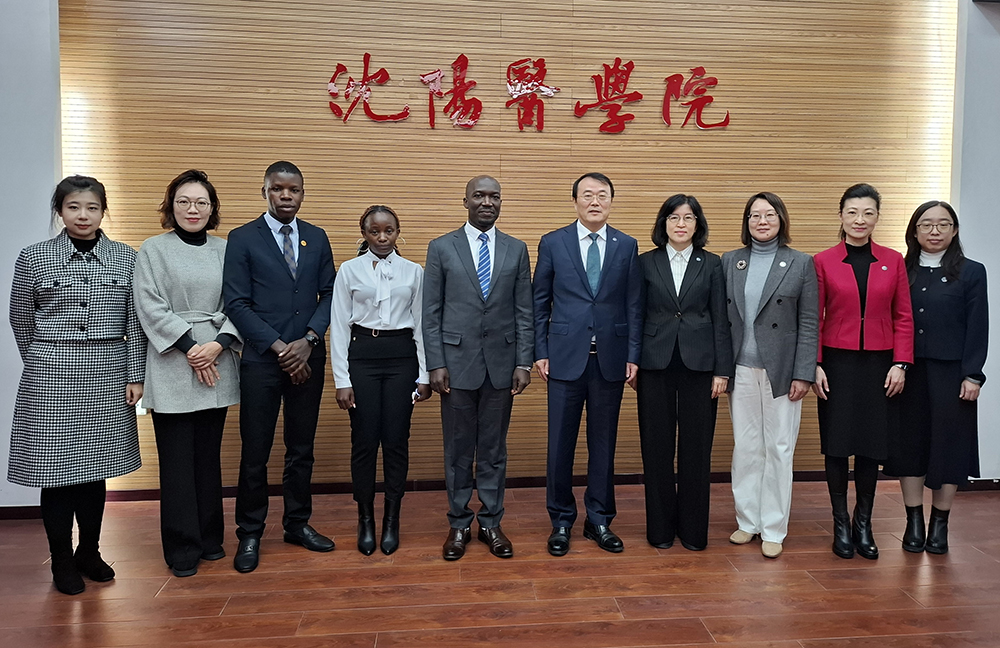Urgent Call for Tax Waivers to Promote Women-Led Enterprises in Public Procurement in Uganda

Civil society organizations in Uganda, led by the African Freedom of Information Centre (AFIC), are urging the government to institute tax waivers for women-led young ventures. The aim is to facilitate their scalability and encourage their active participation in public procurement.
The Ugandan government has been steadfastly pushed to eliminate taxes for women-led startups in order to support their scalability and enable them to quickly participate in public procurement.
During a media roundtable discussion on the inclusion of women-owned enterprises in public procurement in Uganda, organized by the African Freedom of Information Centre (AFIC), Ms. Olive Kabatwairwe, the program coordinator for CoST Uganda, made this direct demand. The discussions took place on June 30, 2023 at Kampala’s Golf Course Hotel.
Ms. Kabatwairwe pointed out that in addition to being able to pay their tax requirements, women-led companies must be official, that is, properly registered with the Uganda Registration Services Bureau (URSB), in order to participate quickly in public procurement.
She added, however, that because their owners desire to maintain them that way to avoid paying high taxes, the informality of these ventures limits their ability to scale.
She urged the government to exclude women-led businesses that are just entering the market from paying taxes for a while in order to increase their profitability and help them grow into sizable companies that can participate in large-scale public procurement.
“Taxes are another reason why women avoid public procurement, according to the study. Can URA perhaps offer tax exemptions for some firms, particularly women-owned enterprises that have been operating for perhaps five years, as the majority are still in the beginning stages, so that they can grow and prosper?”
Kabatwairwe pleaded with the government, “Can URA come up with maybe tax exemptions for some businesses, especially women-led businesses who have maybe been in operation for a period of five years, because most of them are still in their infancy stage, so that they are able to mature, because most of them are running away, they are evading and not participating in public procurement because of the taxes.
She urged the government to make a concerted effort to reform Uganda’s gender-responsive public procurement system by establishing contract value limits to guarantee that a sizable proportion of women-owned businesses receive government bids.
The soft-spoken advocate for human rights encouraged officials to develop and make accessible detailed and adequate information/statistics relevant to the annual involvement of women in public procurement that may be used as a point of reference.
“We also need to see data, because we believe in data, in statistics, because from our data, we couldn’t find data how many women have engaged in public procurement and it is very important that we know how many have engaged, in which sector, and how much they have earned, how they have won,” added Kabatwairwe.
It should be emphasized that a small number of Civil Society Organizations (CSOs) are concerned about the unsettlingly low participation rates for women-led businesses in conducting business with the government.
This has given rise to worry, prompting the AFIC to examine the topic. With a major focus on East Africa and Uganda, they developed a coherent body of evidence on the obstacles to significant involvement of women-led ventures in public procurement. The study included recommendations for ways to improve upon the current situation in this area.
This 2023 study indicated that whereas governments in the region spend 60% of their national budgets every year through public procurement, the participation of women owned businesses in that realm is at worrying low levels, less than 1%.
It was also found out that until the amendment of the Public Procurement and Disposal of Public Assets Act (PPDA) in 2021, there was no affirmative action in Uganda, unlike in Kenya and Tanzania, where the laws prescribe that 30% of public tenders should be reserved for special groups including women, youth and persons with disabilities.
Worse still apart from unfavourable enabling policies in Uganda, it was established that there were capacity challenges, including lack of access to information on tender opportunities in government agencies by women, limited technical capacity to interpret and prepare responsive bids, lack of access to finance, defaulting on payments by government for a few women who took part, corruption, and sexual harassment.
Also, while addressing journalists during the same media dialogue, Mr. Gilbert Sendugwa, the Executive Director for AFIC urged government to hastily operationalize recent amendments made in the PPDA act, which according to him would see speedy reservation of significant public contracts for special groups, including people with disabilities (PWDs) and women.
“We are glad that the PPDA was amended to include section 59 (b) reserving contracts for special groups, including women. Now, of course, the implementation has not started at the Ministry department and agency level. The guidelines which are being drafted by government should be able to help agencies to start the implementation but needs to be faster,” said Mr. Sendugwa.
On his part, Mr. Edwin Muhumuza, the Africa head for Open Contracting Partnership (OCP) encouraged women to demystify the traditional notion that they ought not engage in complex undertakings like public procurement. He implored business-minded ladies to make their ventures formal such that they attract funding for scalability, which is an integral facet in gaining an upper hand while negotiating for government contracts.
“But the other things that women led businesses need to do for example, something like capacity, formalization of their businesses, increase their access to information.”
Efforts by AFIC to stimulate women participation in public procurement is seen as a cornerstone of promoting gender inclusive economic empowerment in societies.







